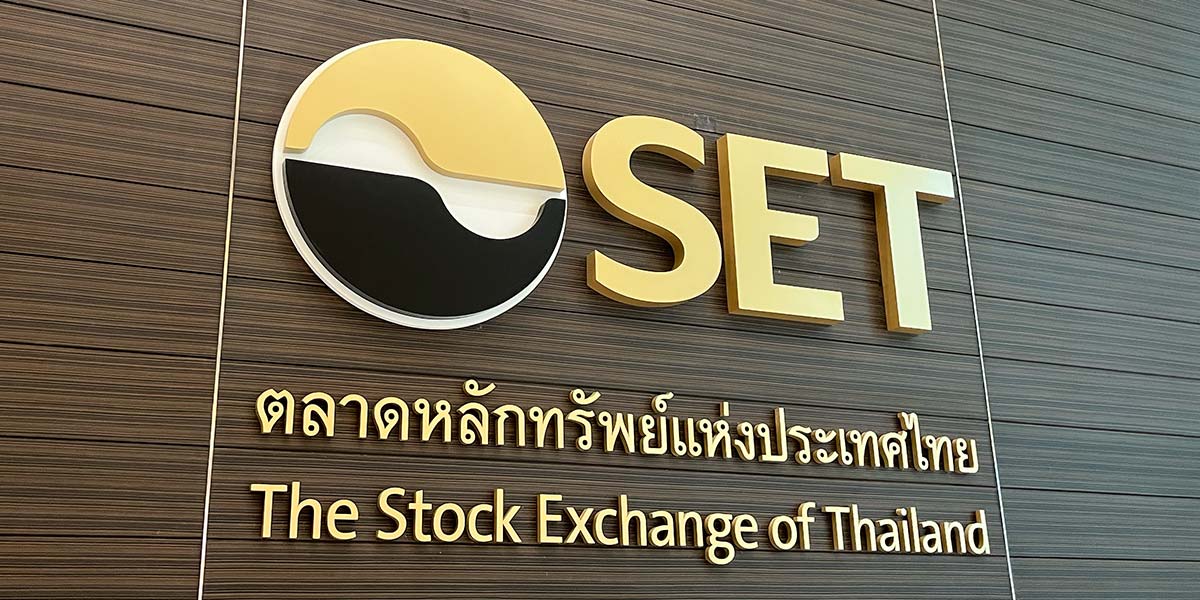Asadej Kongsiri, President of The Stock Exchange of Thailand (SET), revealed that the officials from the Thai exchange are preparing to visit institutional investors in Hong Kong within the next 1-2 days. The event is organized by ASEAN Exchanges to engage in discussions and learn about investors’ interests and expectations, including changes within ASEAN exchanges that could further pique investor interest.
This visit targets a different client segment of ASEAN Exchanges. Asadej believes the investors in question are likely to focus more on market rules or market structure rather than fundamental factors affecting share prices. He also mentioned ongoing discussions with government agencies about organizing a national roadshow.
According to Asadej, a key selling point for the SET at present is the Jump+ project, which has attracted 67 listed companies to participate. The project aims to communicate the three-year business plans of these companies to investors, update the progress made, and inform investors—both local and international—about strategy execution approved by company boards.
The industries identified as having strong competitive potential are healthcare and food technology, which are regarded as key future sectors. This was because several administrations aim to enhance Thailand’s capabilities and add value in the food sector, a category where Thailand already has significant expertise.
Asadej said that one area he wants to push harder, and is looking to make it a key KPI for the SET, is to attract more large-listed companies into the Jump+ project. Currently, most participants are from the mai market, which is positive for investment and growth. However, for faster market progress, large companies should also participate.
Soraphol Tulayasathien, Vice President and Head of Corporate Strategy at SET, commented on the trends in foreign fund flows. Globally, the focus remains on the “Magnificent Seven” tech stocks in the U.S. and gold, but inflows into emerging markets are starting to pick up. As for Thailand, foreign investors are still interested, but may be waiting for new factors to emerge before returning, as the main flows are currently directed towards the U.S. market.
The foreign fund flows should not be the main priority. If too much flows into the country, the baht may appreciate again. It is better to look at fundamentals, such as GDP growth or the profitability of listed companies, Soraphol noted.





